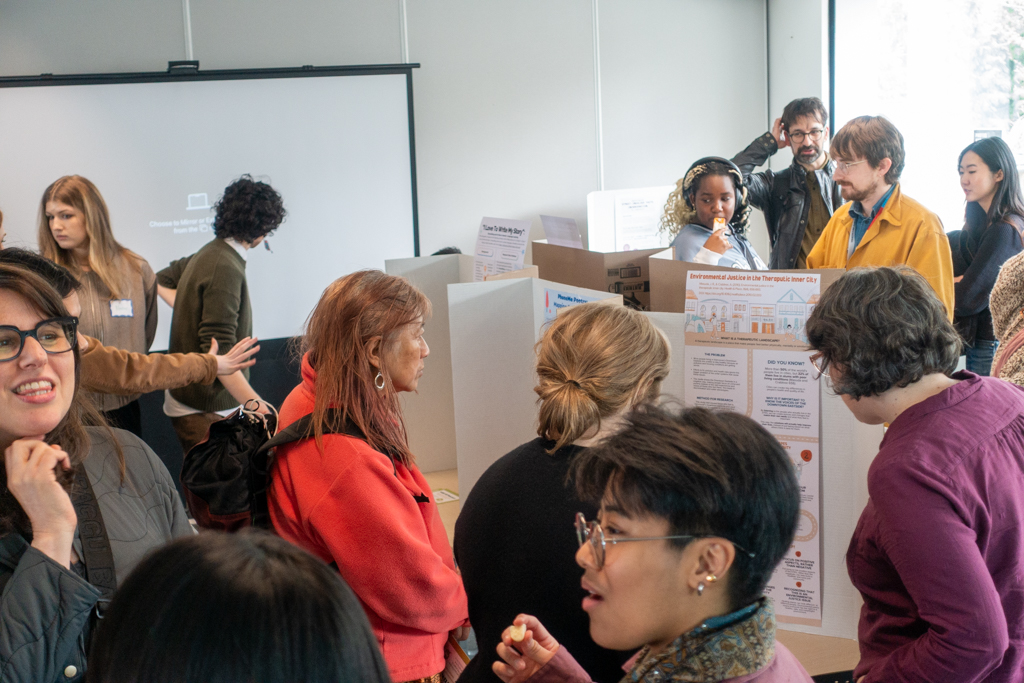

The Coordinated Arts Program (CAP) is excited to introduce its new core courses, CAP 100 and CAP 101A. One or both of these courses will be offered in all CAP streams starting in September 2024. These are seminar courses with small class sizes (~20-25 students per section) available exclusively to CAP students. CAP 100 (formerly ASTU 101) is an introduction to scholarly research and writing; it fulfills the Faculty of Arts writing requirement. CAP 101A (a new course based on our previous ASTU 100) invites students to apply their research and writing skills to literary, cultural, and media analysis.
These courses tailor readings and discussions to the stream theme (e.g. “Law and Society” or “Media Studies”) so students can explore the topics that most interest them as they develop their competence in university writing, research, and critical thinking.
In most streams, CAP 100 and 101A are offered in sequence with the same students and instructor staying together all year; this allows students the opportunity to develop ideas and relationships over the entirety of their first-year. The courses have been designed to teach incoming UBC students the fundamentals of research and writing at UBC as well as how to approach relevant issues in our world with an analytical eye.
Most sections of these courses will also offer students a chance to try Community Engaged Learning (CEL). CEL is important to CAP (learn more here) as it connects classroom learning to communities and community-issues beyond the university. Students taking CAP 100 and 101A will be given optional opportunities to engage with communities beyond their classroom. For example, students may be invited to share their research in CAP’s student journal (The Capsule), or conference (CAPCON) or participate in our partnership with the UBC Learning Exchange.
“In surveys, former CAP students have told us that our core courses (CAP 100 and 101A are updated versions of our previous core courses ASTU 100 and 101) turn out to be their unexpected favourites in first year. As one student said, these courses prepared them 'to tackle academic writing and research,' 'ask effective questions,' and gain skills 'applicable in all . . . research papers.' Another student has praised the 'quality of discussions' that took place in these core courses.”


